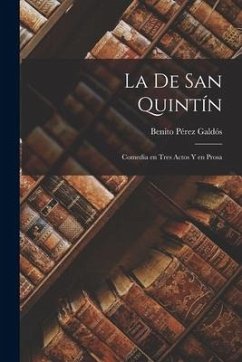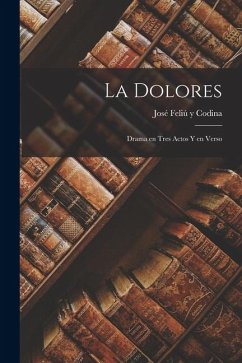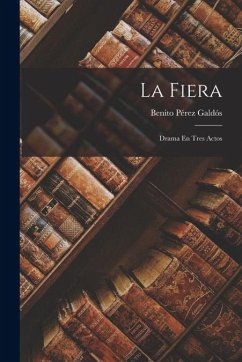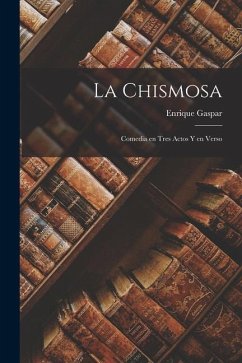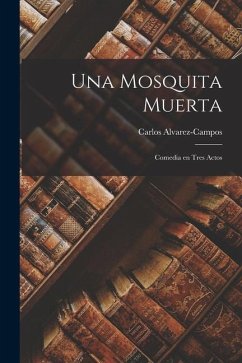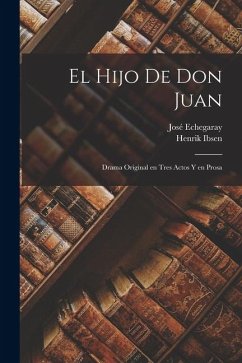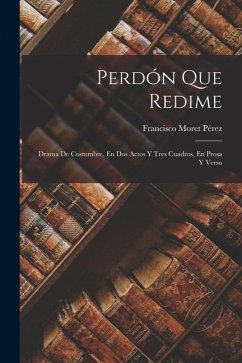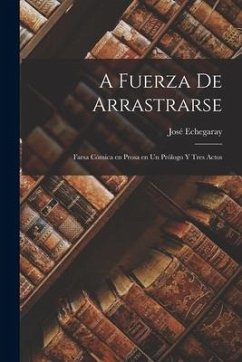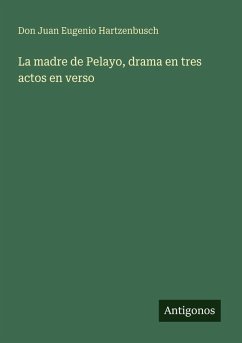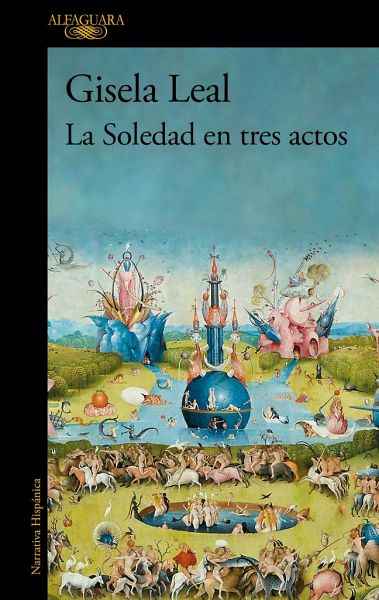
La Soledad En Tres Actos / La Soledad in Three Acts
Versandkostenfrei!
Versandfertig in über 4 Wochen
20,99 €
inkl. MwSt.

PAYBACK Punkte
10 °P sammeln!
Una novela inquietante sobre la soledad, las familias rotas, los destinos marcados, el poder y las adicciones, que plantea preguntas urgentes que forman parte de nuestro inestable presente. 'Gisela Leal sabe de pop como Xavier Velasco, derrama veneno como Junot Díaz y mira a los ricos como Bret Easton Ellis'. Santiago Roncagliolo La Soledad mira impotente el desamparo y desmoronamiento en el que la gente y las relaciones van cayendo. Reflejo del ecocidio, del trueque tramposo entre 'humanidad' e inteligencia artificial, de las familias frágiles y de una infancia diluida, esta finca será tes...
Una novela inquietante sobre la soledad, las familias rotas, los destinos marcados, el poder y las adicciones, que plantea preguntas urgentes que forman parte de nuestro inestable presente. 'Gisela Leal sabe de pop como Xavier Velasco, derrama veneno como Junot Díaz y mira a los ricos como Bret Easton Ellis'. Santiago Roncagliolo La Soledad mira impotente el desamparo y desmoronamiento en el que la gente y las relaciones van cayendo. Reflejo del ecocidio, del trueque tramposo entre 'humanidad' e inteligencia artificial, de las familias frágiles y de una infancia diluida, esta finca será testigo del dolor y la angustia de Antonia. Sintiéndose intelectual y físicamente inferior a todos, ella creerá, por momentos, que hay salidas luminosas. A veces, gracias a la literatura; en ocasiones, en la complicidad con otros igual de rotos que ella. Pero el ir y venir entre el rechazo y la indiferencia de su madre será su constante y obligada vuelta a la realidad. Eso y la atmósfera contaminada por el poder, la corrupción, las adicciones y las enfermedades futuras que ya se van instalando en su joven cuerpo. Sabe que está, estuvo y seguirá estando sola..., salvo, quizá, por la permanente presencia del narrador, esa voz del futuro y del pasado, intrusiva, a veces divertida y siempre trágica, que no tiene ningún tipo de concesión. Ni con ella, ni con el lector. Gisela Leal regresa con una novela inquietante que genera, no sin sorna ni ironía, preguntas urgentes que querríamos pensar lejanas, pero que forman parte de nuestro inestable presente. La crítica ha dicho: 'Una historia que no da tregua a sus personajes ni a un mundo abocado a la distopía tecnológica y el ecocidio'. Elena San José, El País 'Gisela Leal ha plasmado en un tríptico la prosa audible, personajes palpables y los hilos de sus tramas que confirman que quizá no somos más que palabras'. Jorge F. Hernández 'Con un estilo ágil y necesario para la literatura actual, Gisela Leal explora las emociones de sus personajes, desentraña sus miedos y aspiraciones como quien busca algo preciado que nos demuestre que, contrario a nuestros miedos, no siempre estamos solos'. Laura Baeza 'Una novela en la que pasiones, ilusiones y deseos son el motivo de vivir de los protagonistas... y también su perdición. [...] Con tan solo veinticuatro años [...], Gisela Leal se convirtió en la escritora más joven publicada por Alfaguara. Pero no solo eso, miles de lectores comenzaron a seguirla y la crítica literaria se puso a sus pies'. Vicente Gutiérrez, Milenio 'Genera una inquietud constante en el lector, cuestionándolo constantemente, con humor e ironía la mayoría de las veces, pero sobre todo desbordándolo con el protagonismo de un narrador que suele ser asfixiante por momentos'. Obed Rosas, Sin Embargo 'Un libro complejo sobre las relaciones humanas, sobre nuestras realidades. Una historia que habla de contradicciones y de vicios'. Primitivo Olvera, W Radio, Así las cosas 'Una de las novelas más importantes escritas al menos en los últimos veinticinco años'. Antonio Navalón, El Universal (sobre El Club de los Abandonados)



